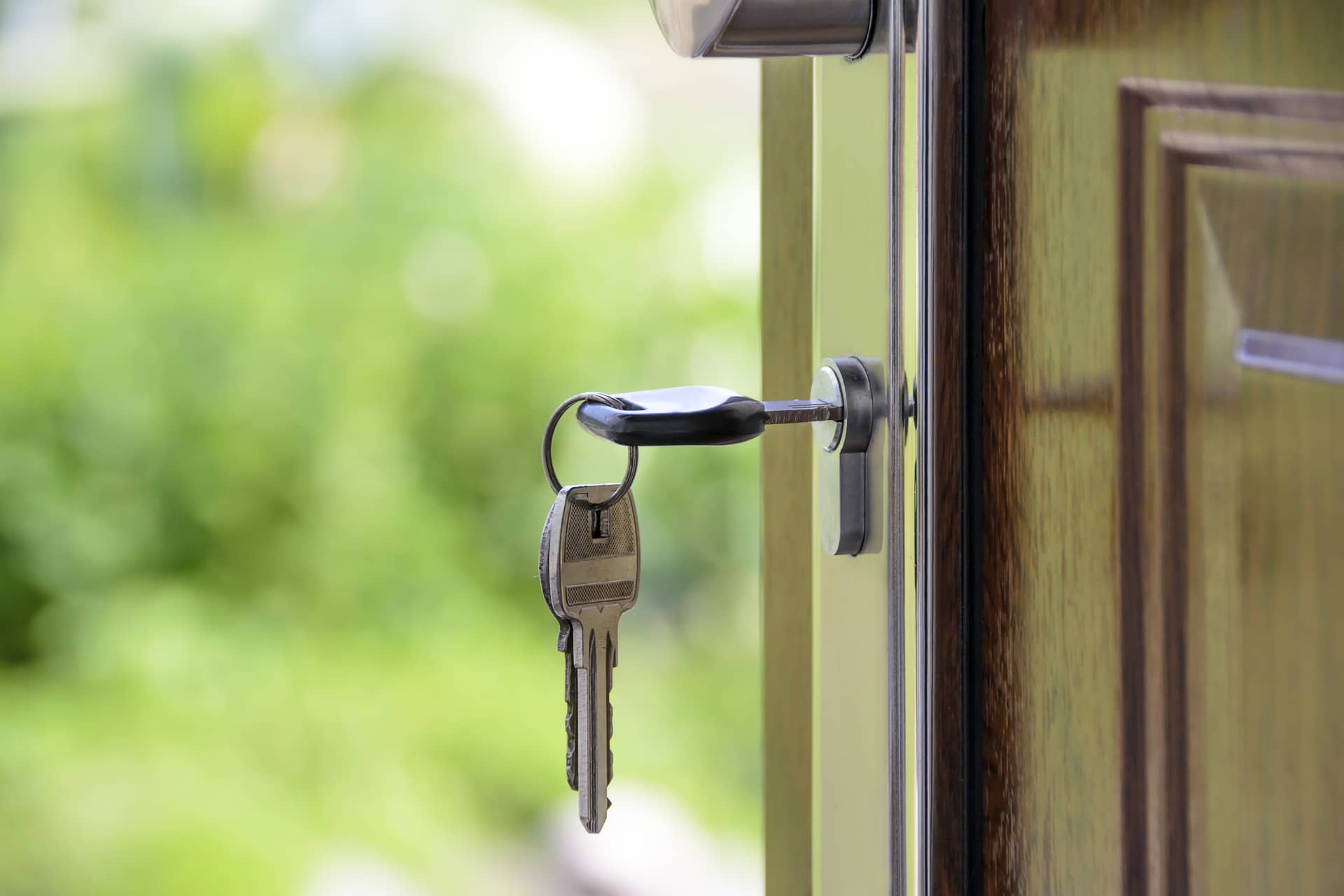
Table of Contents
It’s expensive to live in the City of Angels.
Rent in Los Angeles often represents a hefty chunk of an individual’s total income.
By the time they declare bankruptcy, it is not unusual for many people to be behind in their rent, sometimes on the verge of eviction. Of course, having a home is vitally important, but be assured that if you are arrears in your rent, your back rent is dischargeable in a personal bankruptcy just like any unsecured debt such as credit card debt or medical bills. You will be required to disclose to the bankruptcy court the amount of past due rent you owe your landlord just like you must disclose your other debts.
However, that does not mean you can have your cake and eat it too. If you don’t pay your rent, you will be evicted. Filing bankruptcy may stay your landlord from trying to collect rent or evicting you, but in some cases eviction can proceed. Your options vary depending if you file a Chapter 7 liquidation bankruptcy or a Chapter 13 reorganization bankruptcy.
Article at a Glance
- Filing a bankruptcy petition may give you an automatic stay on eviction proceedings if you don’t wait until it’s too late. This means the bankruptcy has the power to stop eviction in its tracks.
- Back rent is dischargeable in bankruptcy, but there are ramifications.
- In a Chapter 7 liquidation bankruptcy, the trustee has control over whether you assume or reject the lease.
- In a Chapter 13 reorganization bankruptcy, you can determine whether you assume or reject the lease.
Filing Bankruptcy Can Stay an Eviction
Filing bankruptcy can put an automatic halt on eviction actions, and that stay can be a contributing factor in the decision to file bankruptcy. It’s important to speak with your California bankruptcy attorney before you are too far in arrears, because if you wait too long to file a bankruptcy petition, you may find yourself out on the street.

An expert tip from Barry
If a court has already issued a write of eviction, it’s likely too late for an automatic stay. The bankruptcy court will likely determine that the eviction process has already been completed and you must vacate the apartment. However, if you file for bankruptcy before there is a final order of eviction, you might get an automatic stay until your bankruptcy is over.
Chapter 7 Bankruptcy Options for Past Due Rent
If you file a Chapter 7 liquidation bankruptcy, you cannot just pay your landlord the amount you owe in order to bring your rental payments up to date. Once you file a Chapter 7, the bankruptcy trustee is in charge, and they can decide whether to reject or assume the lease. If the trustee rejects it, usually the landlord can go ahead and evict you. Should the trustee assume the lease, then you will have 30 days after the day you filed for bankruptcy to deposit the overdue rent amount with the clerk of the court handling the eviction. You can then make monthly payments and the automatic stay on your eviction will remain in place until your bankruptcy is over.
Chapter 13 Bankruptcy Options for Past Due Rent
If your income surpasses the maximum allowable for filing a Chapter 7 liquidation bankruptcy, you may still be able to file a Chapter 13 reorganization bankruptcy. In a Chapter 13 reorganization bankruptcy, a payment plan is put in place where you repay debts over a three to five-year period, often less than you actually owe. A Chapter 13 bankruptcy gives you more control over how your past-due rent is handled than does a Chapter 7.
In a Chapter 13 bankruptcy, you can decide whether you are going to assume the lease, pay the back rent and keep your apartment or reject the lease and move out. If you decide to keep the lease, then your payments for back rent become part of your Chapter 13 repayment plan. Of course, you would also have to pay your current rent on time.
If you can make these payments, you will have no problem, and you will be able to stay in your apartment. However, if you start missing payments, the landlord will petition the court for relief from the automatic stay so he can go ahead with eviction proceedings.
Contact Your California Bankruptcy Attorney to Discuss Your Options
If you think at some point it’s possible that you will need to file either a Chapter 7 or a Chapter 13 bankruptcy, it is to your benefit to contact an experienced California bankruptcy attorney sooner rather than later. They can outline options short of bankruptcy that might be a better path in your circumstances. But the longer you wait, the more windows close.
Likewise, if you wait too long to contact your California bankruptcy lawyer and file a petition, you may find yourself evicted and out on the street. We encourage you to call us for a consultation to help you decide the best actions for your future.
